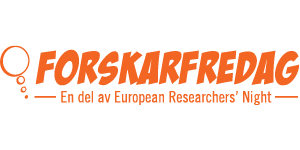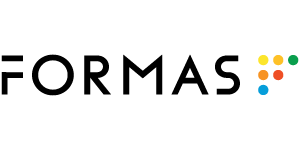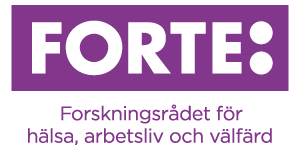Regional finals of the 2018 Researchers’ Grand Prix were held during Researchers’ Night on 28 & 29 September.
Here we present the finalists, who will compete in the national final in Stockholm on 27 November 2018.
Finalist: Markus Fieldler
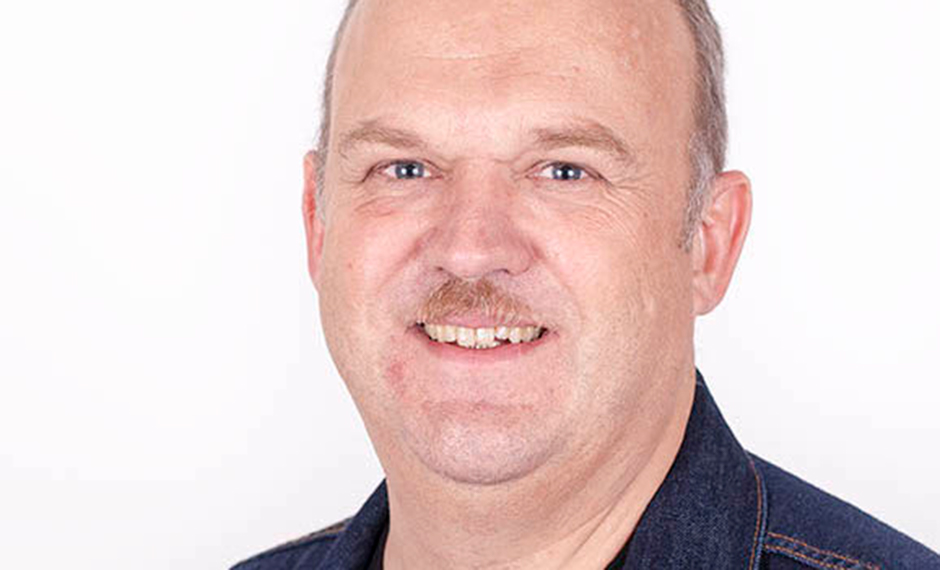
Immersive videos – an immersive experience?
I am researching how immersive video is experienced. This type of technology allows the user to look around in a scene, but is resource-intensive, prone to interference and, in certain circumstances, can also cause motion sickness. My special interest lies in adapting immersive videos, their delivery and the technical conditions on the computer and in the networks so that the viewer gets the best possible experience without feeling ill.
Finalist: Hanife Rexhepi
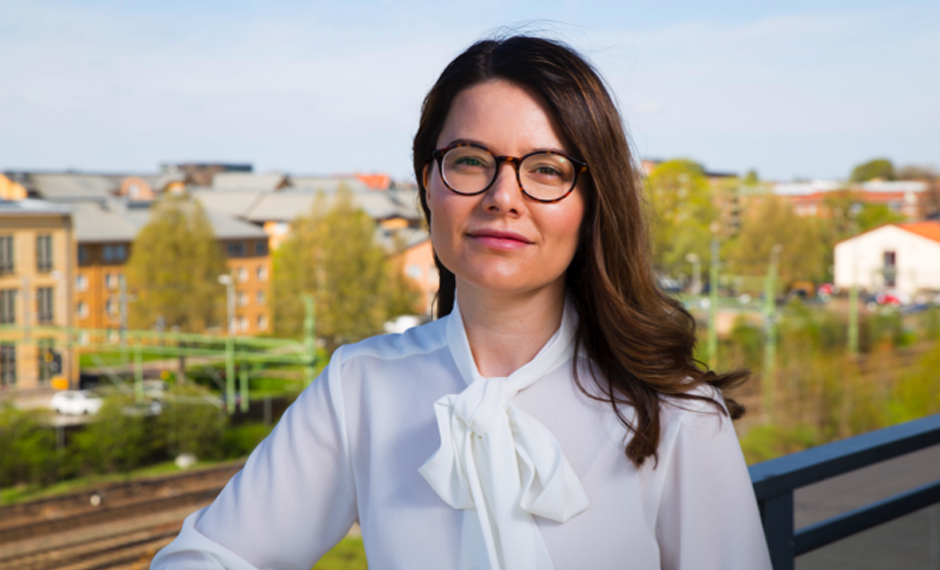
The battle over patient records
For many people, the obvious choice is to purchase tickets or order goods online, but in the case of healthcare, fax and telephone are still used. There is strong political pressure to streamline healthcare through digitisation, and the long-term vision is to enable patients to access all the information about their healthcare online. One example of this is allowing patients to access their records online. But many doctors question the importance of online records and have concerns. Patients, on the other hand, think that in a modern healthcare system, you should be able to make your own decisions about your patient record.
As a researcher, I am investigating the introduction of digital services in healthcare (such as online records) and how it is affecting the interaction between healthcare professionals and patients. An effective and safe healthcare system means taking advantage of the possibilities that digitisation offers, whilst being aware of the effects.
Finalist: Rachel Berglund
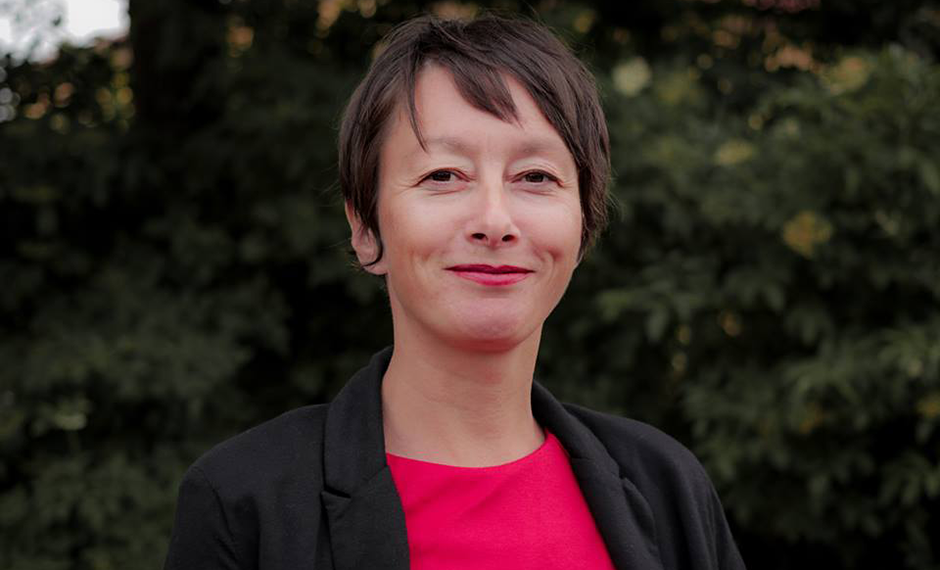
How does a company’s work with psychosocial health affect their employees’ wellbeing?
I am researching how manufacturing companies are working with the psychosocial work environment, i.e. the mental health and wellbeing of employees, and how this work affects employees. What happens to employees’ wellbeing when a company actively carries out risk assessments of the psychosocial work environment?
Finalist: Lina Herbertsson
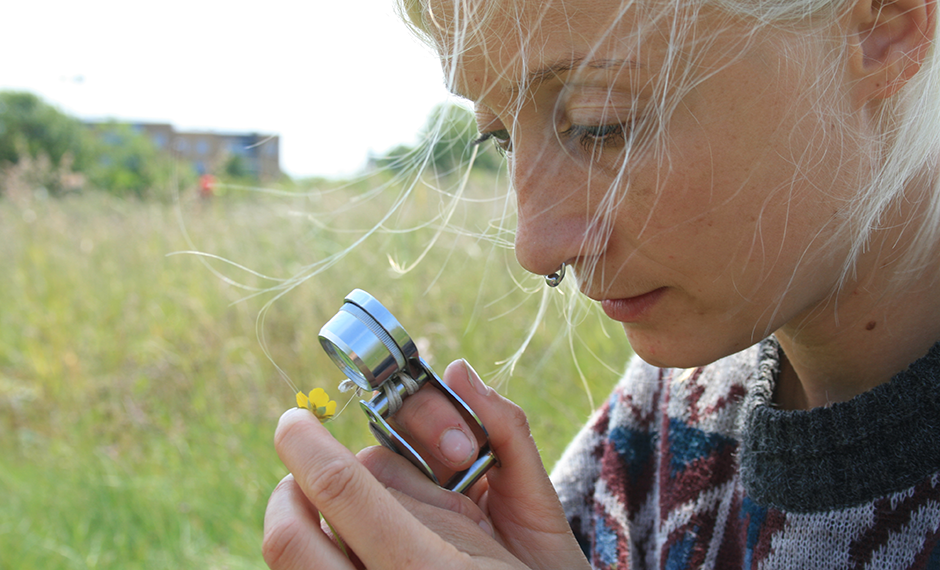
The competition for flowers is no trivial matter
My presentation highlights how a lack of flowers in modern agricultural landscapes is making life difficult for wild insects pollinators. As honeybees collect pollen and nectar from flowers, beekeeping can make situation even more difficult for wild pollinators. In my research, I am investigating how pollinators are affected by changes in the agricultural landscape. Together with my colleagues, I have seen that flower-rich habitats, like pastures and meadows can reduce the competition for flowers and mitigate the negative effects of beekeeping on wild insects.
Finalist: Rezan Güler
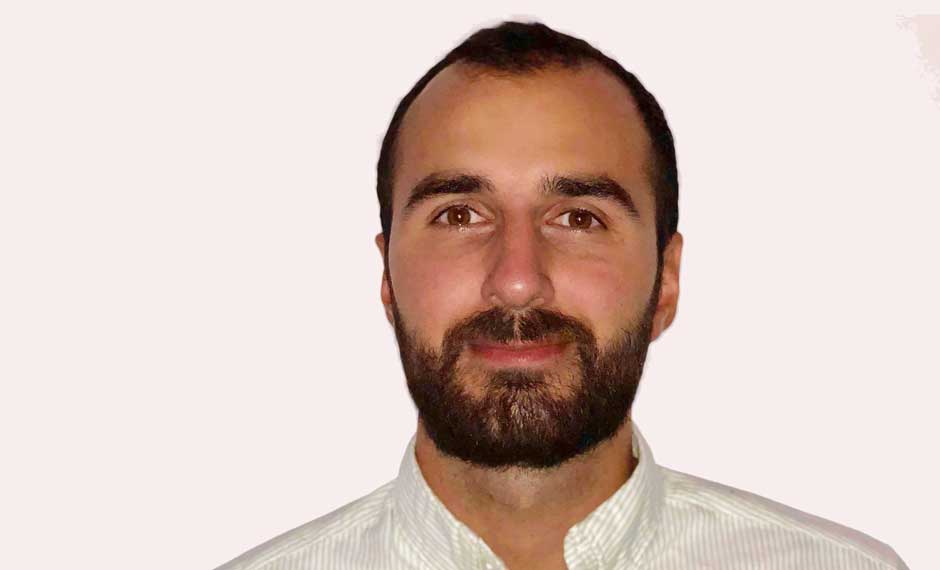
Customising proteins to tackle cancer
My research is about discovering and designing targeting biological drugs. This means drugs that are biological in origin, in my case, originating from bacteria.
I create large so-called protein libraries that contain up to hundreds of billions of different proteins. Then I ”fish” out single proteins with the right properties, which can then be used to treat everything from hard-to-heal wounds to cancer.
Finalist: Anders Agebjörn
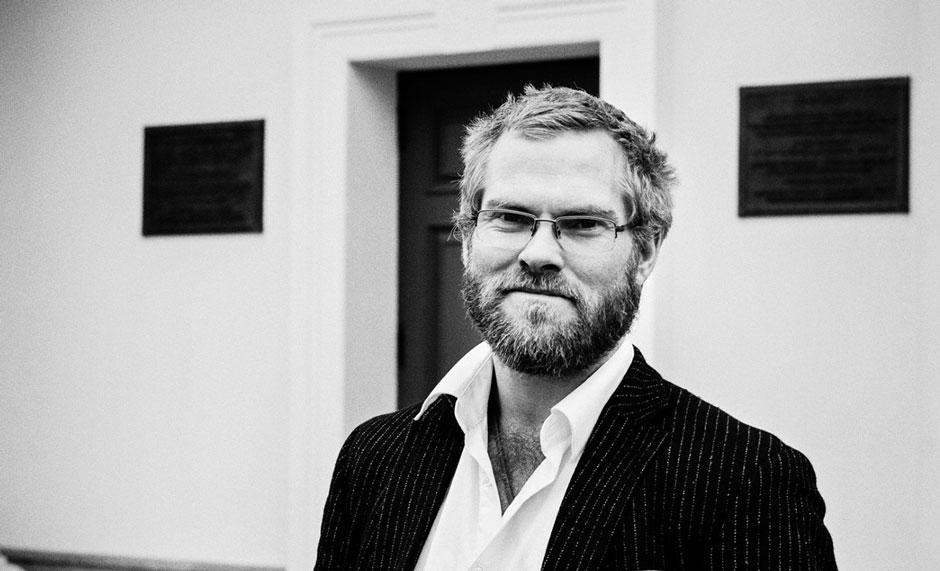
Swedish definiteness – tricky in form and meaning?
My research is about what is involved in learning a new language. Using experimental methods, I am investigating the acquisition of the meaning and form of definiteness among Russian speakers learning Swedish in Minsk.
In Russian, definiteness is not stated : Я читаю новую книгу (”I am reading new book”) either means either ”I am reading a new book (you do not know which book I’m talking about)” or ”I am reading the new book (you know which one I mean !) ”. Native Russian learners will therefore need to learn both what the definite form means (you know which one I mean!) and how this meaning is expressed in Swedish. My question is whether these two different types of knowledge (often unconscious) are related to each other.
Finalist: Gustav Ferrand-Drake del Castillo

Enzymes – Nature’s Chemical Engineers
Enzymes are catalysts that enable vital reactions to take place in our body. We have also succeeded in using enzymes outside of the body’s cells in technology and everyday products. For example, detergents contain enzymes. However, when researchers handle them outside of cells, they break and don’t work as effectively. In my research, I am using nanotechnology to mimic nature’s way of handling enzymes. I try to create small reaction chambers with properties similar to the spaces found in our cells. If we succeed in using enzymes in a more efficient way, in the future we will be able to create environmentally-friendly chemicals and better medical treatments.

